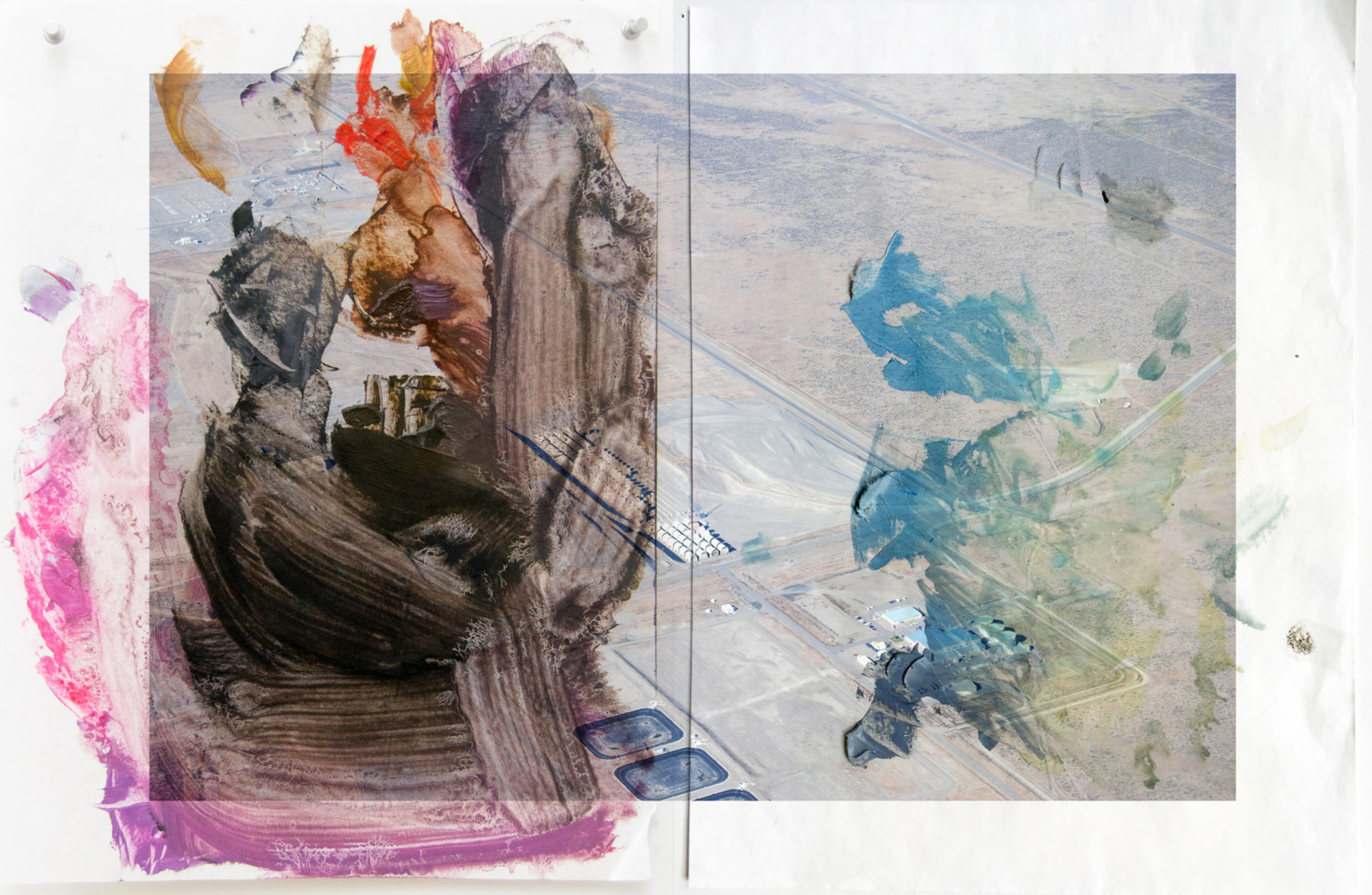The snake woke too early, tricked by a warm January day. He slid out of his burrow, brain full of darkness, and paused to let the sun work. Its light was thin, powerless against the cold that clung to the ground.
Today the world was blue—shivering indigo earth, navy grass, cerulean branches. Wisps of yellow and red darted across twigs: early lizards. The snake could barely move. There was nowhere he could go. Then he turned his head, and off in the distance, between the trees, he saw a massive orange glow, shifting and dancing behind the glacial trees.
Perhaps it was warm there. The winter leaves clattered and clashed as he forced his head through them. (He could move only in short slithering bursts). When he stopped to rest, the blue soaked into his scales and fastened him to cold dirt. Movement was jerky, painful—but he could not stop.
He dodged under the leaves, thrilling with hawk fear, but it was only a chickadee skimming the duff for buried nuts. Terror did him good. He slithered faster. Now he could see individual shapes breaking off from the orange mass, warming him through the trees. With his tongue he could taste their heat, even from this distance. His scales began to loosen. He achieved a confident, sidelong motion. Leaves roared around him. Then he stopped. He recognized the heat-shapes up ahead: a bulb mounted on a stalk that swayed. The heat was concentrated in that bulb, a saffron furnace-glow.
In the midst of his fear, the snake remembered his hole. Mice had built it, and had he been capable of gratitude, he would have felt it intensely, because the mice had stuffed the burrow with dried grasses and hair. The nest hoarded heat. If he went back now, there would still be a pool of underground warmth; he could slip into its velvety reds and go back to sleep.
But this heat was bigger, and closer, and the chill riveting his scales told him he could not go back. He slithered toward two shapes isolated from the rest. They stood close together, bulbs touching. As he watched, the smaller bulb bloomed with yellow light, pulling away from the other. Suddenly a blast of clapping and stamping boomed through the ground. Vibrations traveled through frozen soil to spread panic across his ribs.
Fleeing, he made a prodigious noise through the piled leaves. He slid and crashed, banging numbly into roots, barking his flank on rocks. Soon his bones burned with cold. He stopped. Fear without sun was no good fuel. Leaves settled around his scales with a dry sharp scraping sound. He turned his head. One of the bulbs was getting closer. He felt the sharp booming footfalls in his ribs. The bulb had changed color, orange giving way to bright, intolerable white, intensifying in two points, so that the hottest blood glared out of the man’s cheeks like eyes.
The snake had never seen this color in a bulb. He stuck out his tongue to taste this new derangement. Warmth splashed his fork, and for a moment he thought the sun was diving like a hawk, coming to carry him away. Perhaps it would take him to a place where no chill clung, where frost never chewed the burrow’s entrance, where warmth would always drip from leaves.
The shovel slammed down hard and neat, severing the snake’s head. The bulb glowed ferociously. Stamps and shouts thundered into the belly of the earth, then came back up to echo in the snake’s head. The bulb retreated through a darkening field. The last thing the snake saw was a point of dull red drowning in a sea of blue.
The man leaned the shovel against the garden shed, smiled apologetically, and walked back into the wedding. He was wearing shiny black wingtips, and carefully wiped them clean with a red napkin. People were beginning to dance.
By Forester McClatchey
Forester McClatchey is a poet and critic from Atlanta, GA. He was a finalist for the 2023 Vassar Miller Poetry Prize, and his work appears in The Hopkins Review, 32 Poems, THRUSH, Pleiades, Slice, The New Guard, Birmingham Poetry Review, and Oxford Poetry, among other journals.
